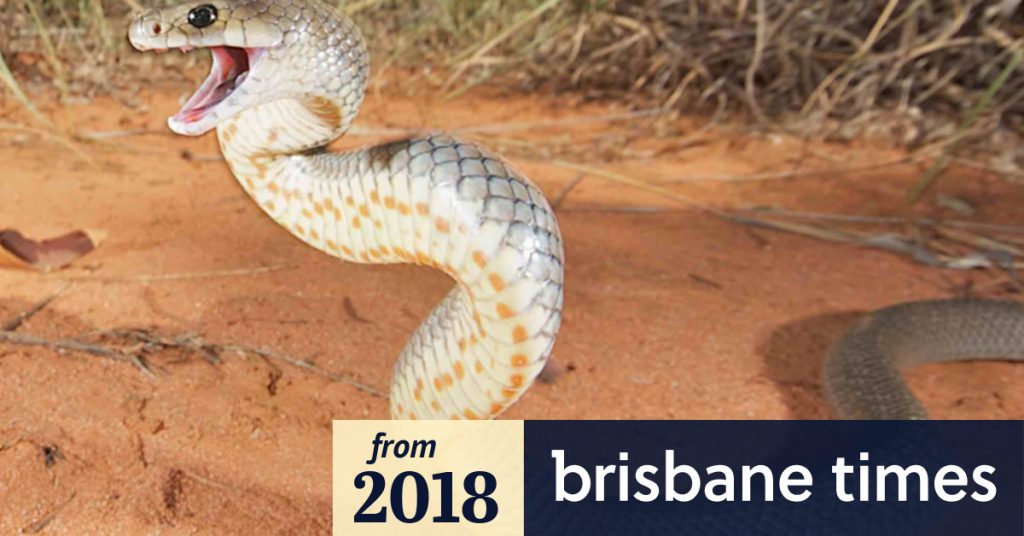The Brisbane Suburbs With Most Snakes

If you’re in search of a new house, consider one of the Brisbane suburbs with the highest population of snakes. The State of Queensland has released a report identifying the six suburbs in Brisbane with the highest percentage of snake sightings. Some of these suburban areas are dominated by the venomous brown snake, a species that’s common in the western and southern Brisbane regions. This species of snake is often spotted in urban areas, especially in the Lockyer Valley and the Gold Coast.

The number of deadly snake sightings in Australian cities has increased dramatically, with some of the most dangerous species being found in inner-city suburbs. According to the company, two-thirds of all snake and spider fatalities occur in cities and towns. Even in Australia, about three thousand people are bitten by a snake each year. That’s a low number when compared to many other countries, such as India.
The most commonly spotted snakes in Brisbane are the black-and-white krait and the python. However, they aren’t necessarily venomous. Residents of these areas are encouraged to avoid the snakes, and to contact a professional to ensure that they don’t accidentally harm anyone. While snakes may not pose a threat to human life, they can be highly harmful to pets and humans.
In Brisbane, snakes are often common in residential areas, and spitting them on your feet is a particularly common sighting. As summer approaches, snakes are more likely to be active and bite humans. During the last winter, a helicopter from the RACQ CareFlight transporting seven people to hospital due to snake bites has made a record-breaking haul. Four of the patients were children.
Some of the snakes that have been spotted in Brisbane are the giant pythons. In Chapel Hill, a man found a giant python on his fence. He’s had many encounters with larger snakes, and said that she’s heard a lot of loud noises from birds and was afraid of the venomous snake. Fortunately, her concerns were unfounded, as the venomous creatures have not been seen in her neighbourhood before.
In Brisbane, many of the snakes are brown in colour and include non-venomous lizards and frogs. A red-bellied black snake has a wide range of colours and is responsible for the majority of snake bite deaths in Australia. The majority of fatalities and stings from a venomous snake happen when people try to kill the snake illegally.
The Eastern brown snake is the most common snake in Brisbane and is the most commonly encountered snake in the city. Its appearance is unique and varies from a single individual to a whole species, and its colour and size make identification difficult. The Eastern brown snake is a venomous species, with over 20 species in the Brisbane area. Most commonly encountered species are the carpet python, keelback, yellow-faced whip snake, eastern small-eyed and white-crowned snake.
The coastal taipan is a large snake with a red belly. It is often mistaken for a small-eyed snake, and has a wide range of habitats. It has a wide range and is most common in wetter areas of Brisbane. It can grow up to one metre in length and is commonly found in the hinterland and north-eastern suburbs.
The Eastern brown snake is the most commonly encountered snake in Brisbane, and is a venomous snake, but can also be a non-venomous lizard. It is brown in colour and has a range of colours, and is the most common species in Australia. The Eastern brown snake is the most dangerous snake in Brisbane, causing more than 3,000 deaths a year. Its bites are also the most common cause of death by a snake.
Although this species is rare in urban areas of Brisbane, it can be found in rural areas and bushland. In a residential suburb, spotted black snakes are more common and are a variety of colours. They’re mostly dark grey or black with a lighter belly. They feed on frogs and small reptiles. They can reach 1.5m in length. And despite their size, they’re not dangerous to humans.


